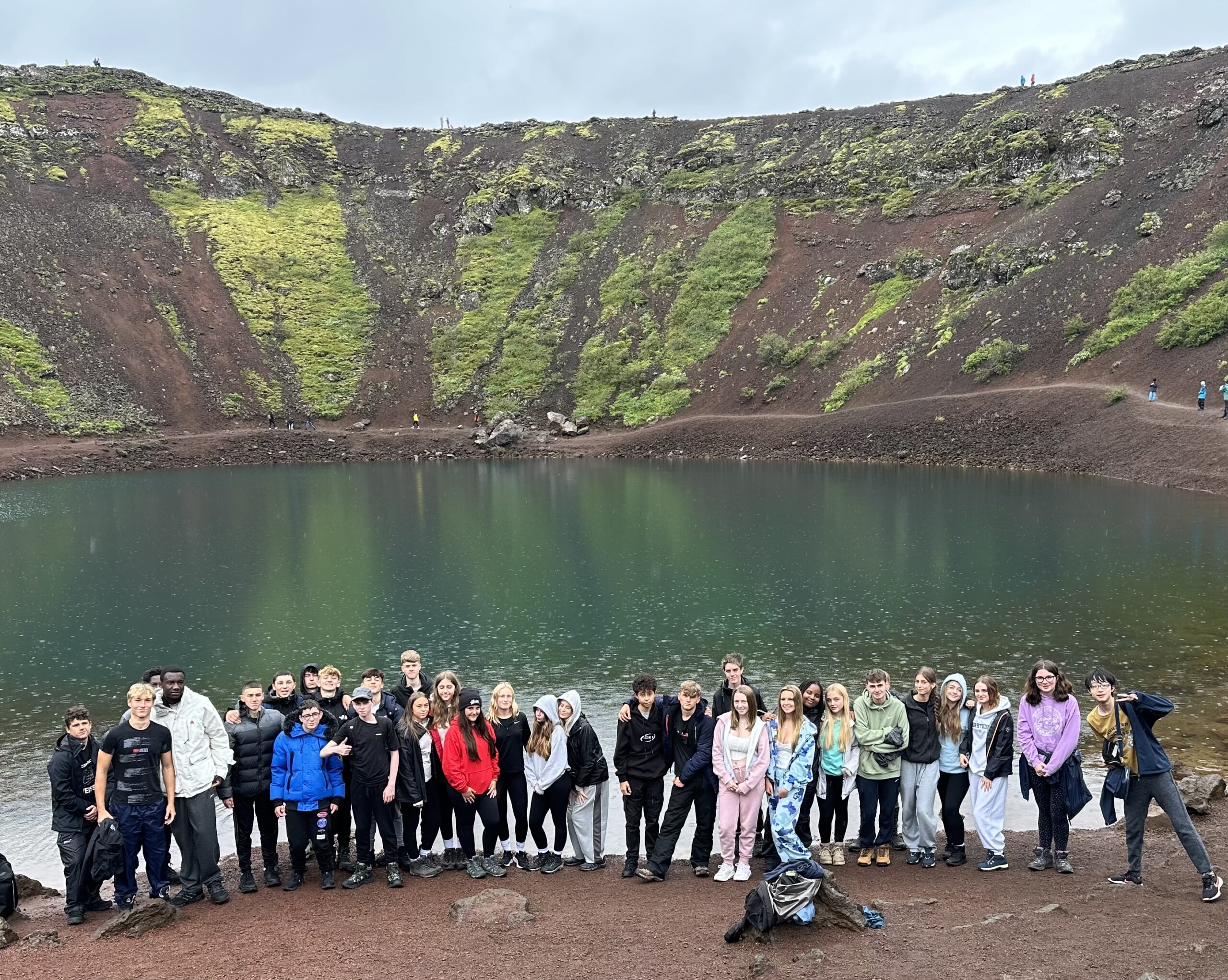Department: Geography
Head of Department: Mrs U Broadway
If you wish to learn more about the curriculum, please contact the Head of Department by email: u.broadway@oaklandscatholicschool.org
If you wish to learn more about the curriculum, please contact the Head of Department by email: u.broadway@oaklandscatholicschool.org
The Geography Department at Oaklands aims to give students an understanding of the world around them, its environments, places near and far, and the processes that create and affect them. We do agree with the comment made by Barack Obama that “The study of Geography is about more than just memorising places on a map. It’s about understanding the complexity of our world, appreciating the diversity of cultures that exist across continents. And in the end, it’s about using all that knowledge to help bridge divides and bring people together”.
Geography curriculum at Oaklands aims to give a broad coverage of the major disciplines within our subject with a strong emphasis on developing geographical knowledge. It is our intent that the principles of Catholic social teaching are intertwined across our geography curriculum. When devising our curriculum, we try to create balance between breadth of coverage and depth of study. We try to give students the content (substantive geographical knowledge) and the knowledge of relationships that allow students to understand the connections between ideas (disciplinary knowledge) so they have the full geographical understanding.
We believe the most important aspect of the learning geography at Oaklands is to be able to apply knowledge and conceptual understanding to new settings, to ‘think geographically’ about the changing world. We also see it as our mission to give students access to cultural capital so that they can participate fully as successful global citizens; this also supports the values and virtues that the school upholds.
Our curriculum also provides students with an opportunity to develop leadership skills. For example, In KS3, students will work in a small group and a single student will lead the group through a part of the activity (e.g. de Bono Thinking Hats framework). In Year 10 and Year 12, students take part in various fieldwork activities leading data collection surveys.
Students come to Oaklands with a variety of experiences of Geography from primary school (40+ feeder schools). Some of our students will have developed their knowledge about the United Kingdom and their own locality. Some students have an understanding of the similarities and differences of human geography such as types of settlement and land use. They will also study physical geography elements such as climate zones and biomes, rivers, coasts, volcanoes and earthquakes.
The first unit in Year 7 called ‘Fantastic Places’ intends to build on and consolidate KS2 experiences of map skills but it also is stimulates interest and enthusiasm for Geography. Students explore ‘Fantastic Places’ around the world linking to places they already know or are familiar with from their personal experience as well as through what they have been taught at KS2. This knowing where’s where supports students’ identity and sense of place and contributes to their understanding of geographical processes. Over time, our students learn and remember more locational knowledge and they become increasingly fluent in identifying specific locations (Geog. your memory recall tasks).
Within Key Stage 3, our Geography curriculum begins with an introduction to the subject of Geography; baseline testing provides detailed information on knowledge, skills and concepts mastered at KS2 as well as the teaching of map skills – an essential geographical skill.
Through its very nature, geographical knowledge is stimulating and motivating. Teachers make the most of this and use many thought-provoking aspects of Geography in the curriculum. Outside of the lesson there are opportunities for enrichment where students can participate in extra-curricular activities such as the International Club, Iceland trip, St John’s week and the British Council projects, which allow our students to work with young people from various countries around the world. We also support cross curricular links to other subjects e.g. Trash in Year 7 focusing on Geography of South America and favelas settlements. We also have a Geography Club.
As students move through the Key Stage they should be able to interpret geographical information with independence and precision; specifically it is our intention that students:

At KS4 and 5 students are encouraged to build upon the knowledge mastered in previous key stages. Students will further explore, construct and investigate many areas of Geography so they are able to take a broader view, generalise and critique models that represent specific processes (Water and Carbon cycles, Contemporary Urban Environments). This includes applying geographic knowledge from multiple areas of geographic study; for example, both understanding what a physical process is and how or why it occurs, and then how it impacts communities and their responses to it (Natural Hazards, Water and Carbon Cycle, Coastal Environments). There is further development of:
Updated August 24